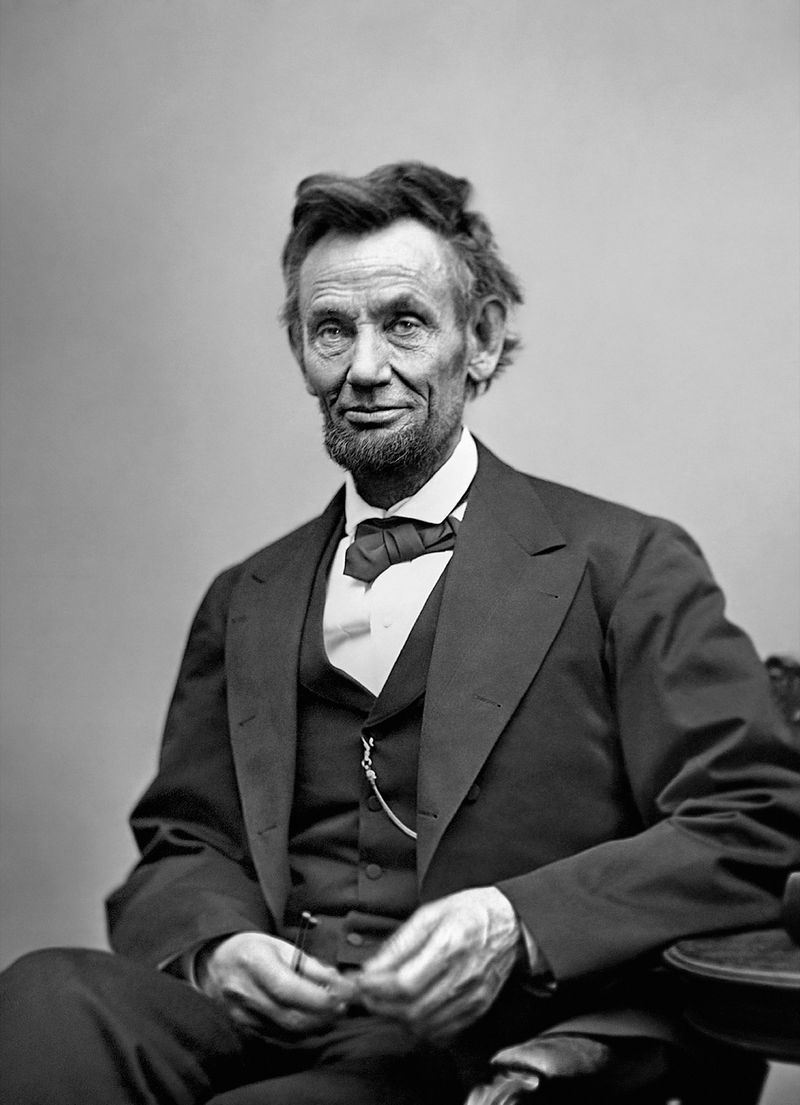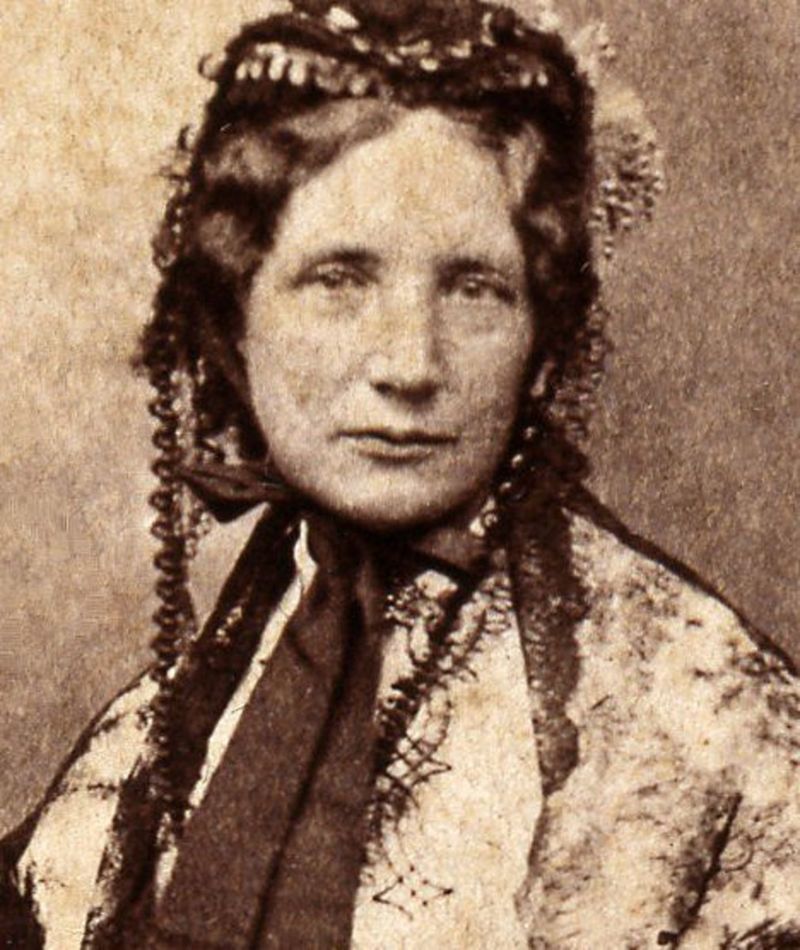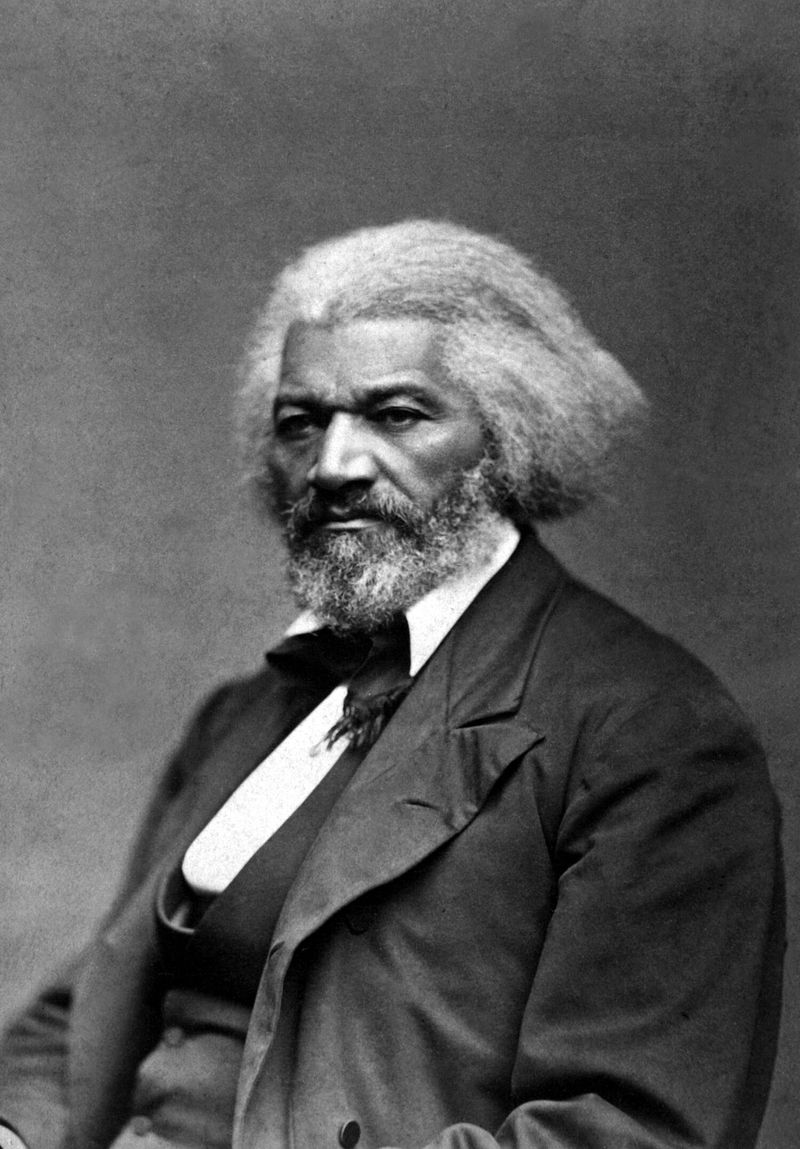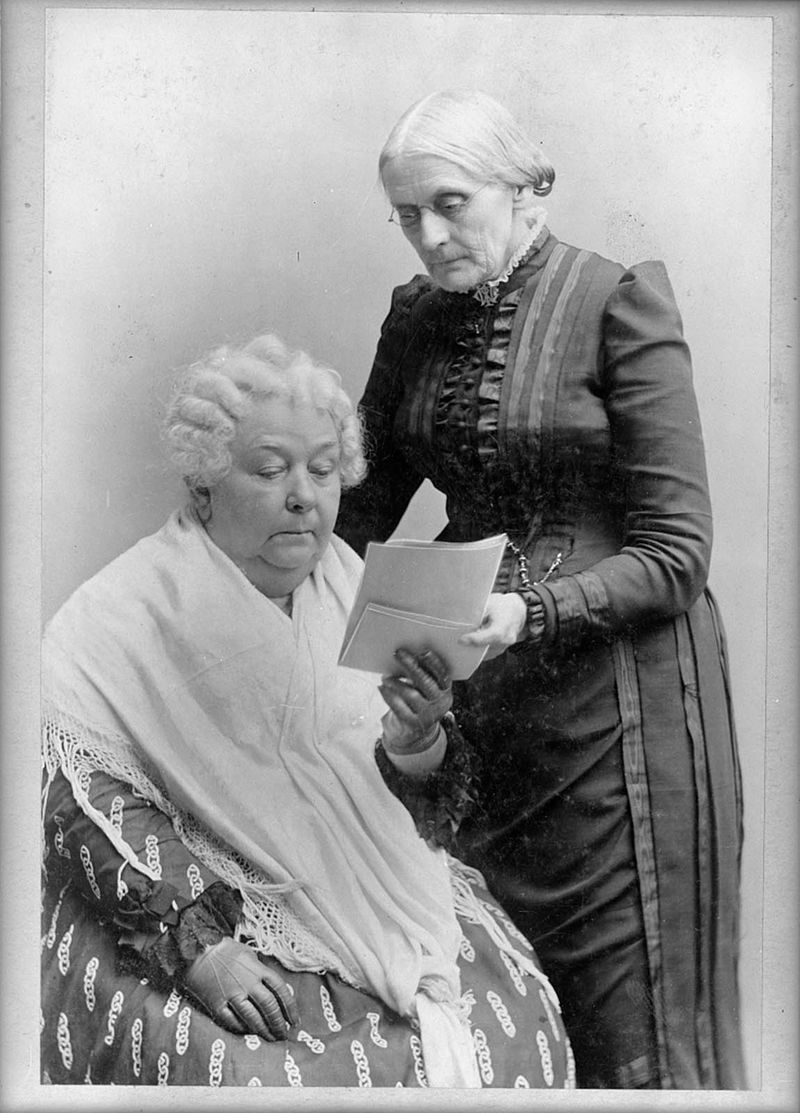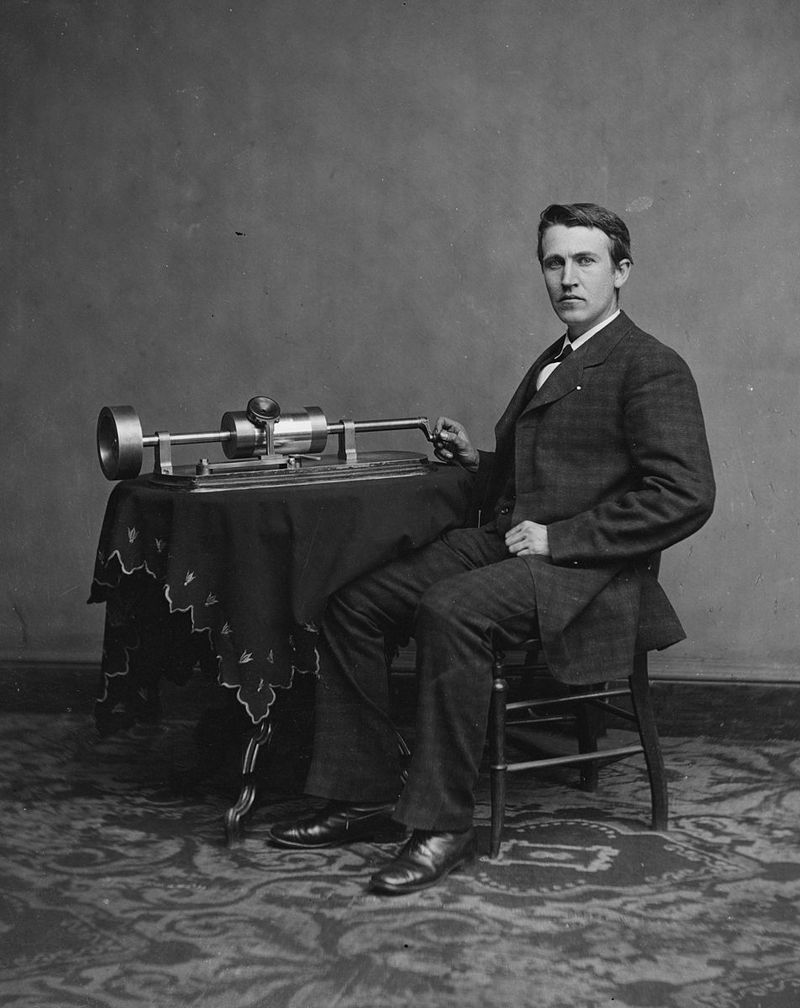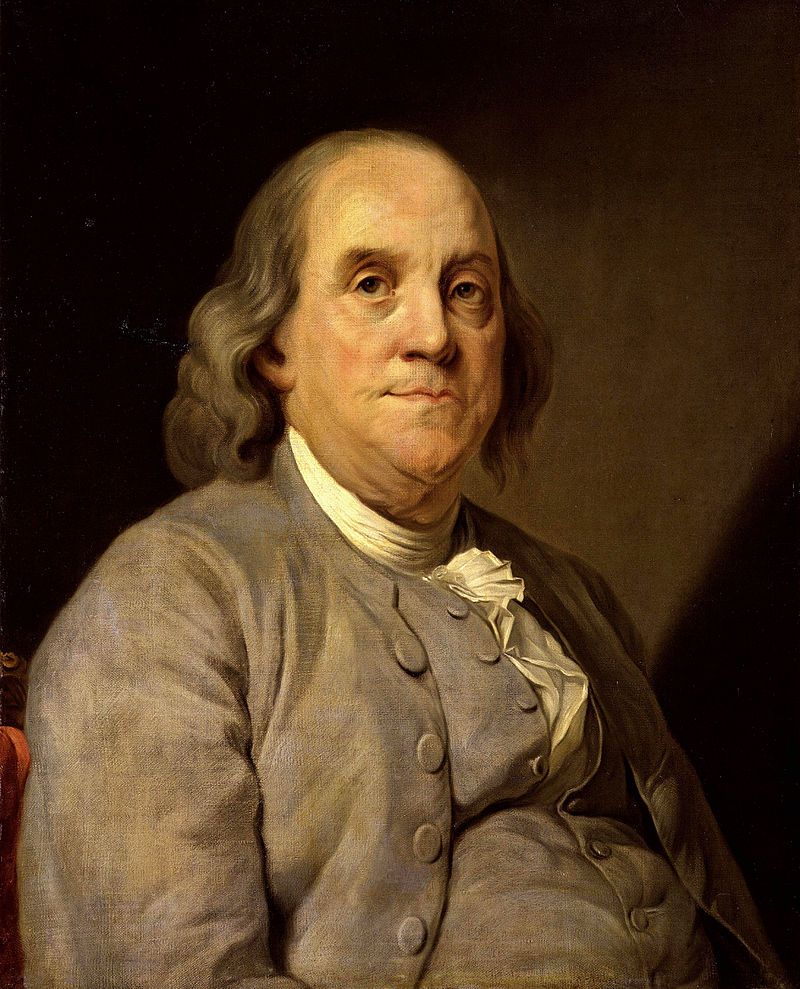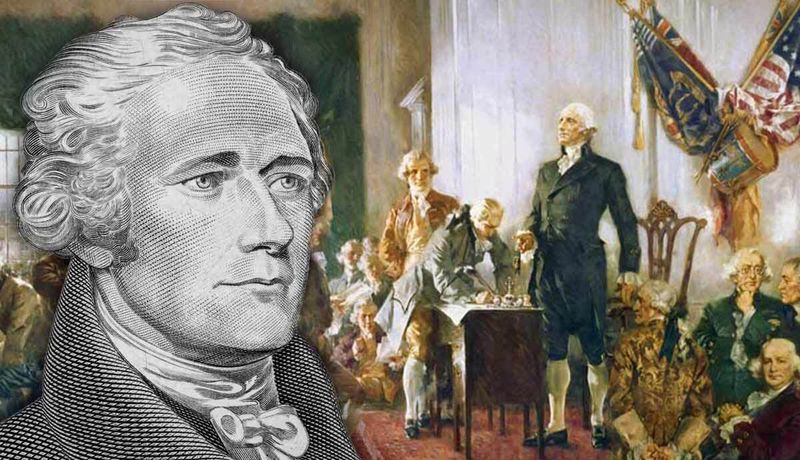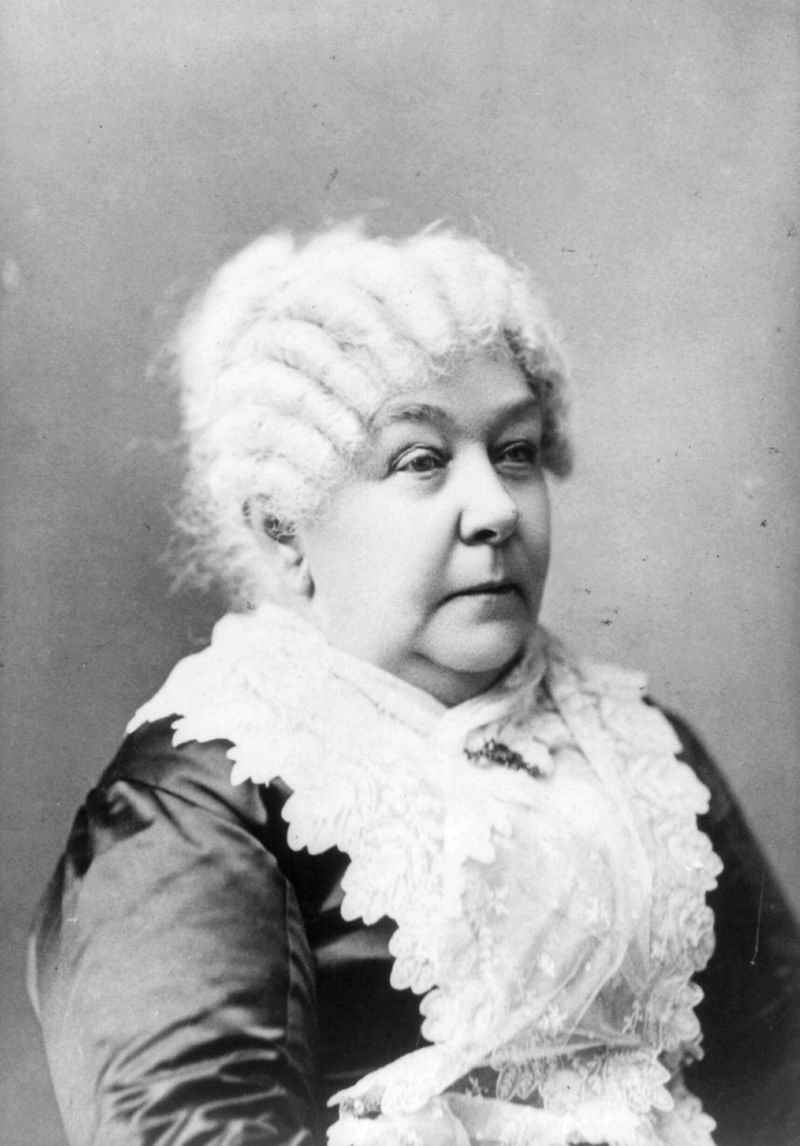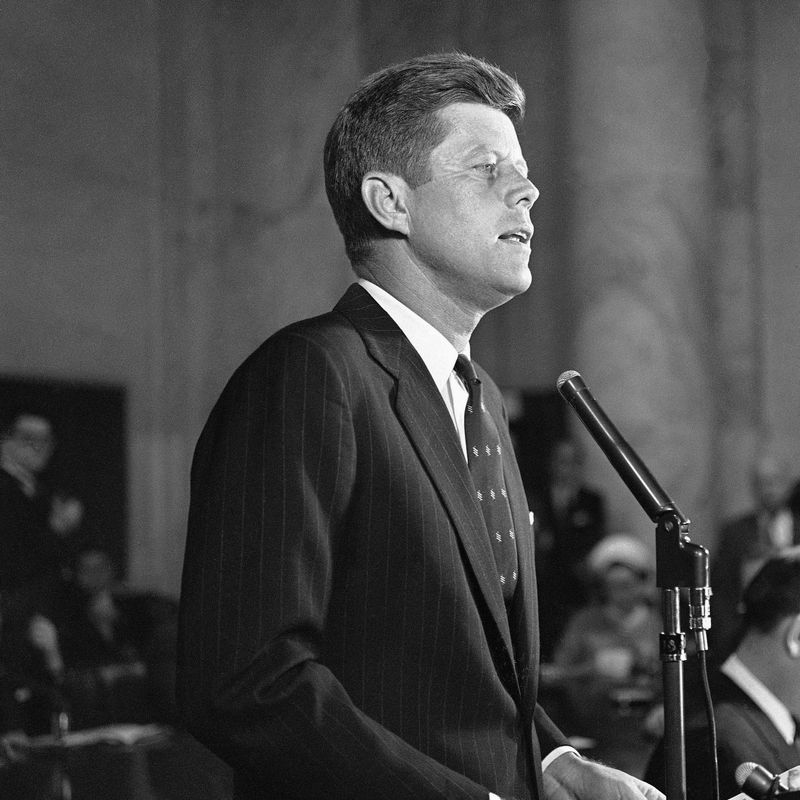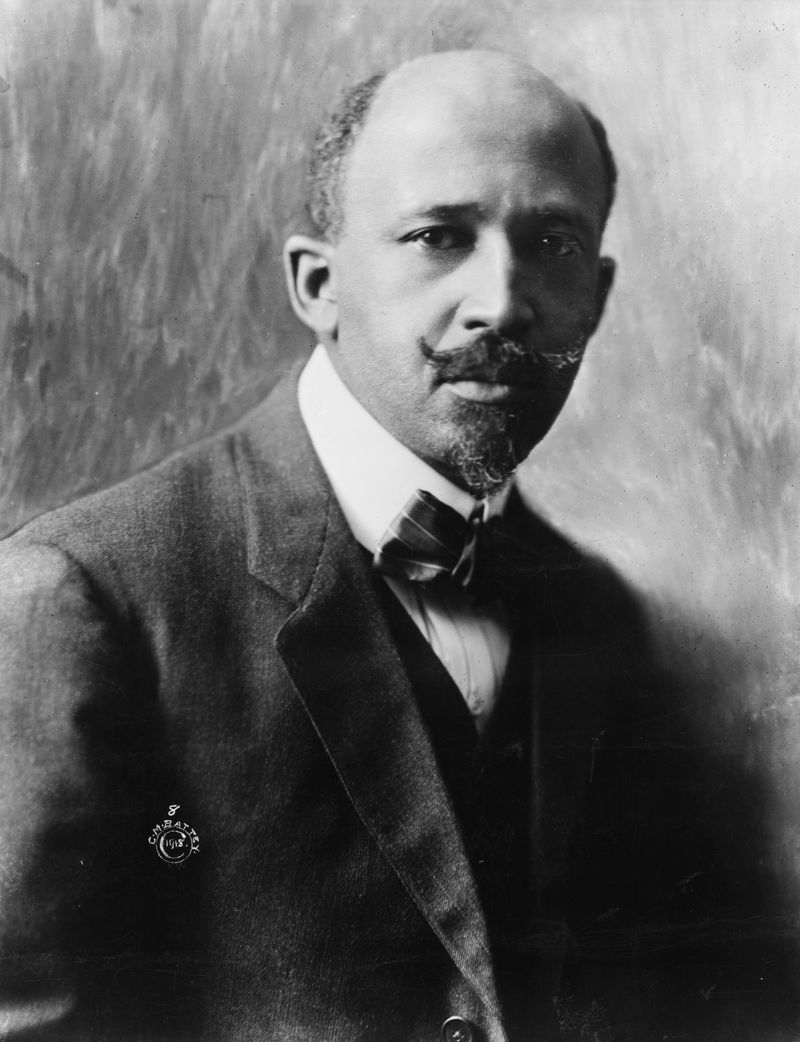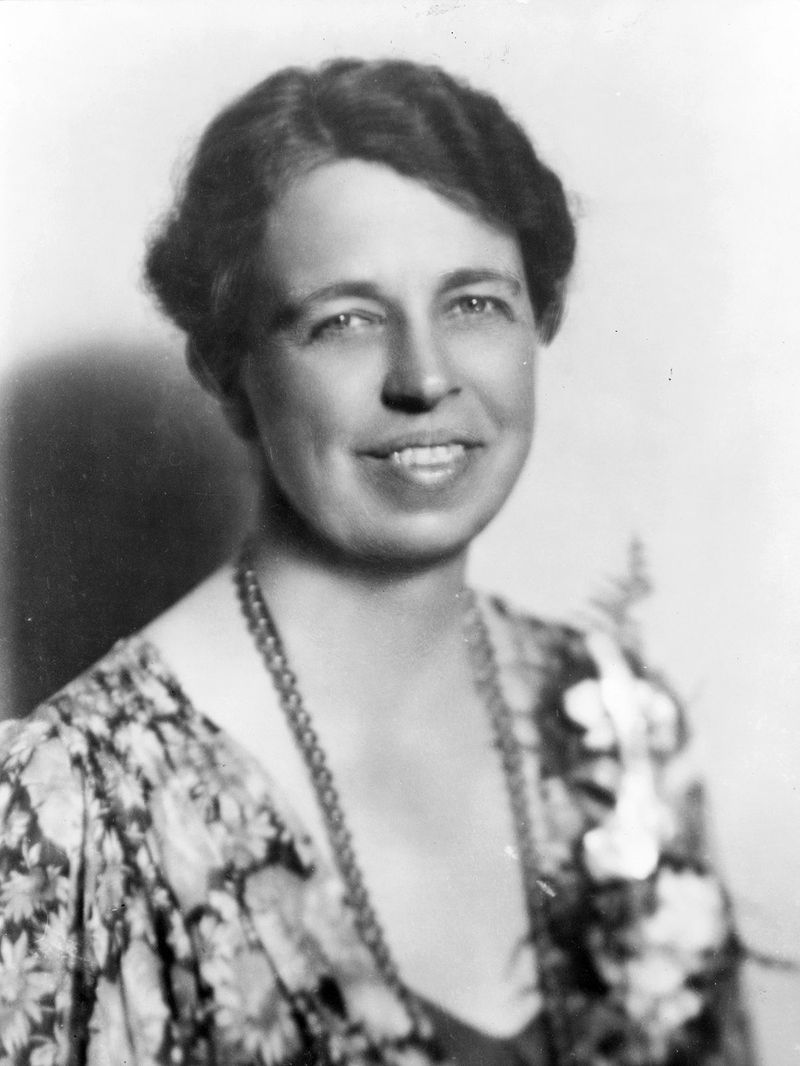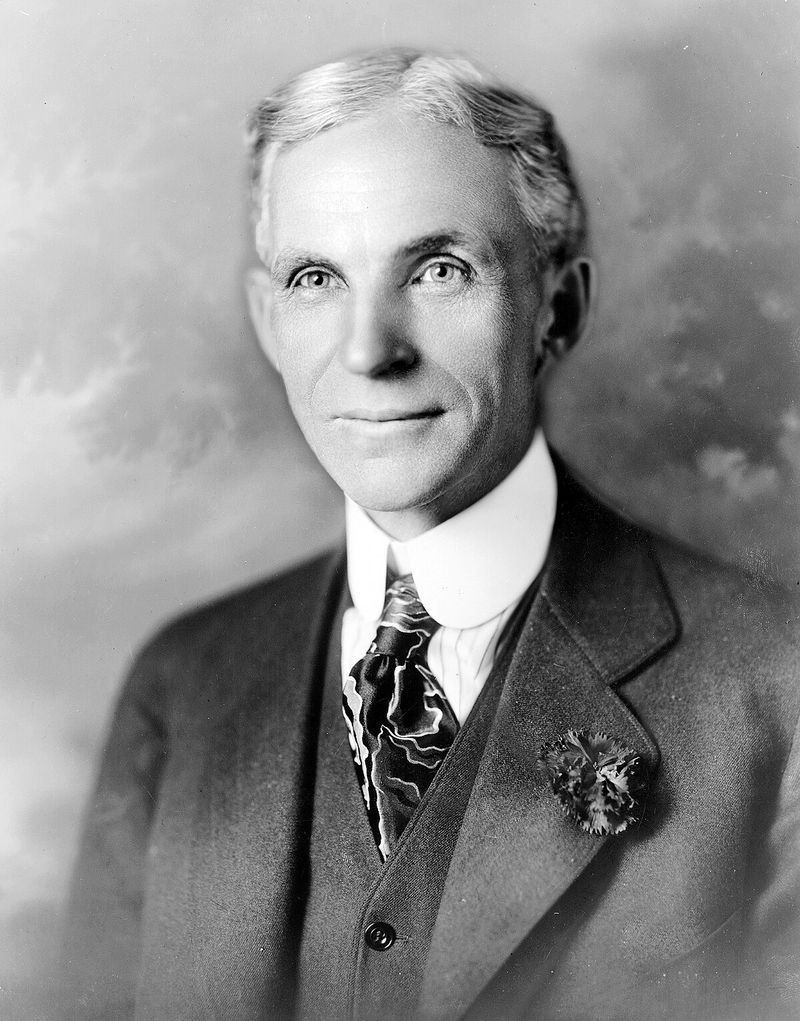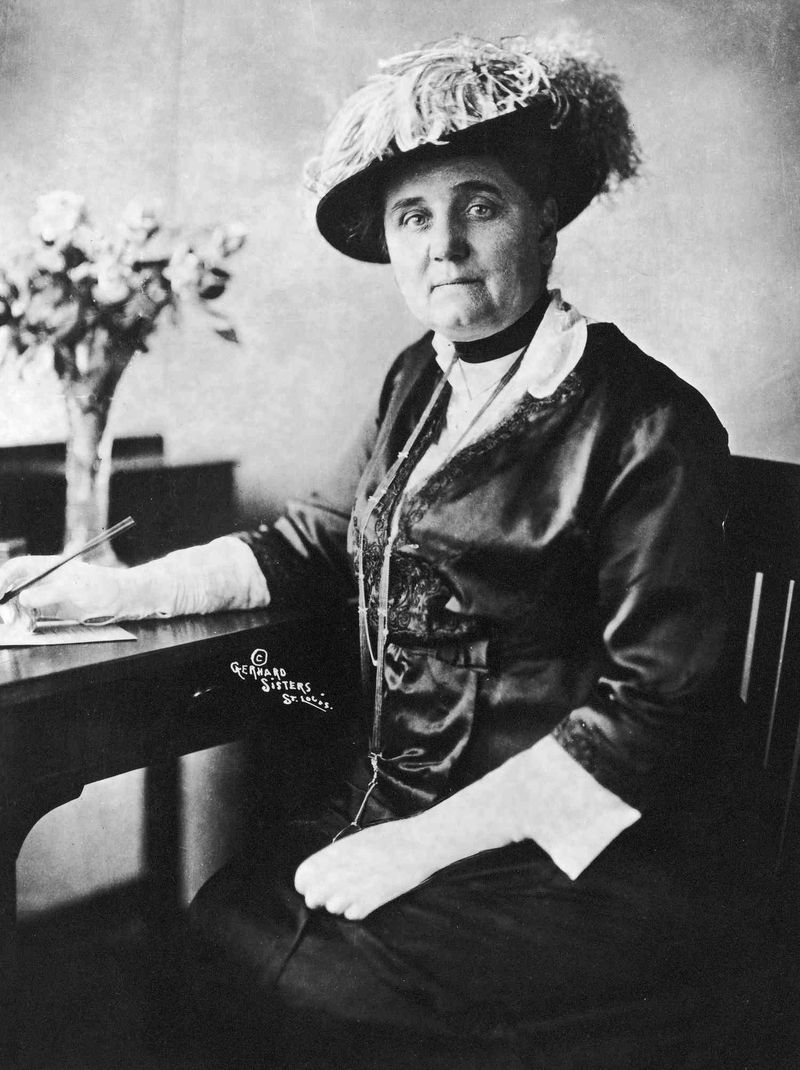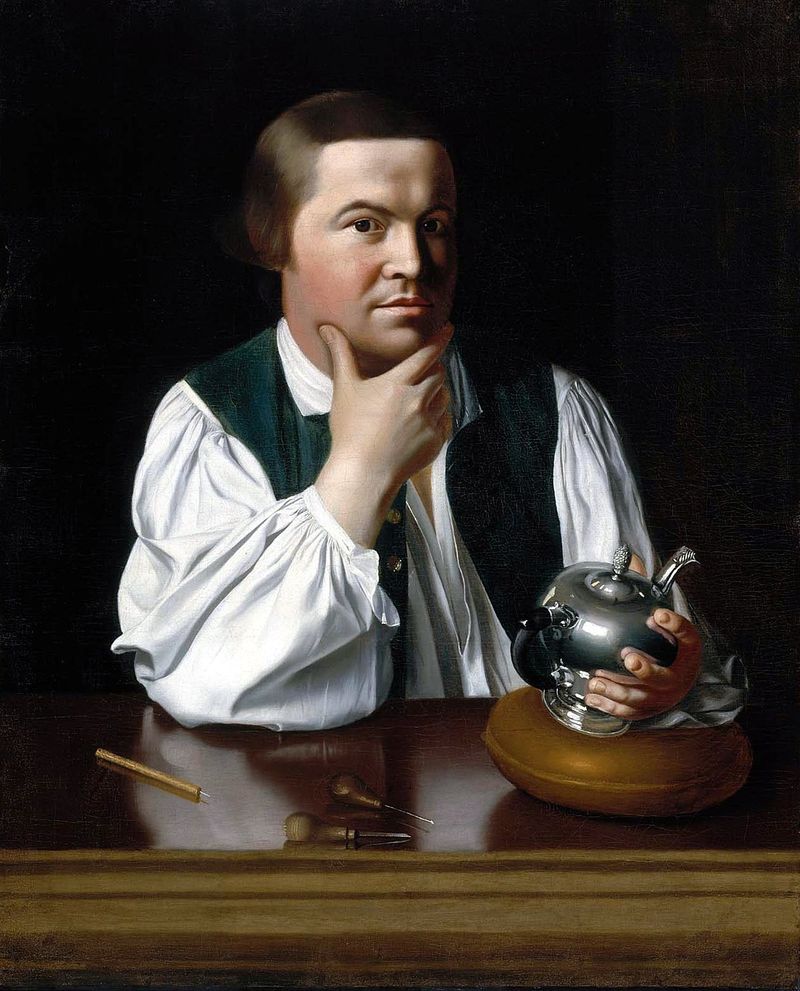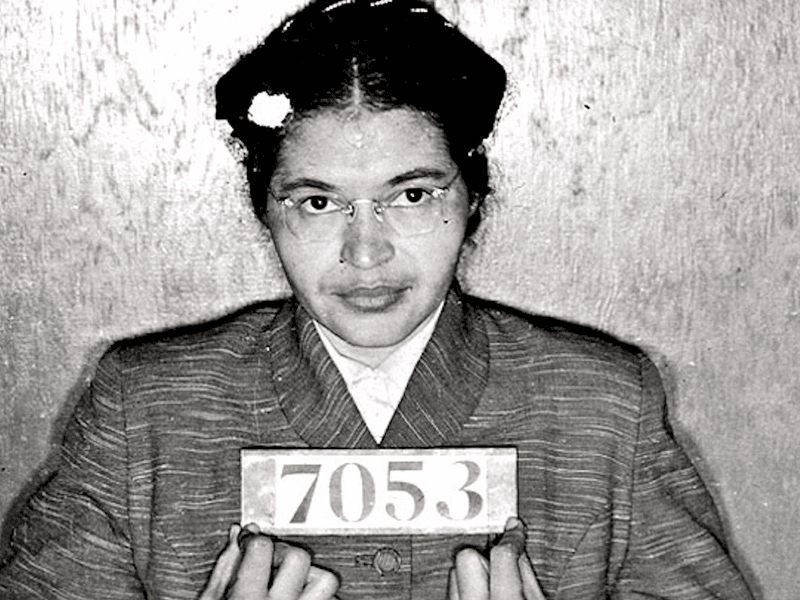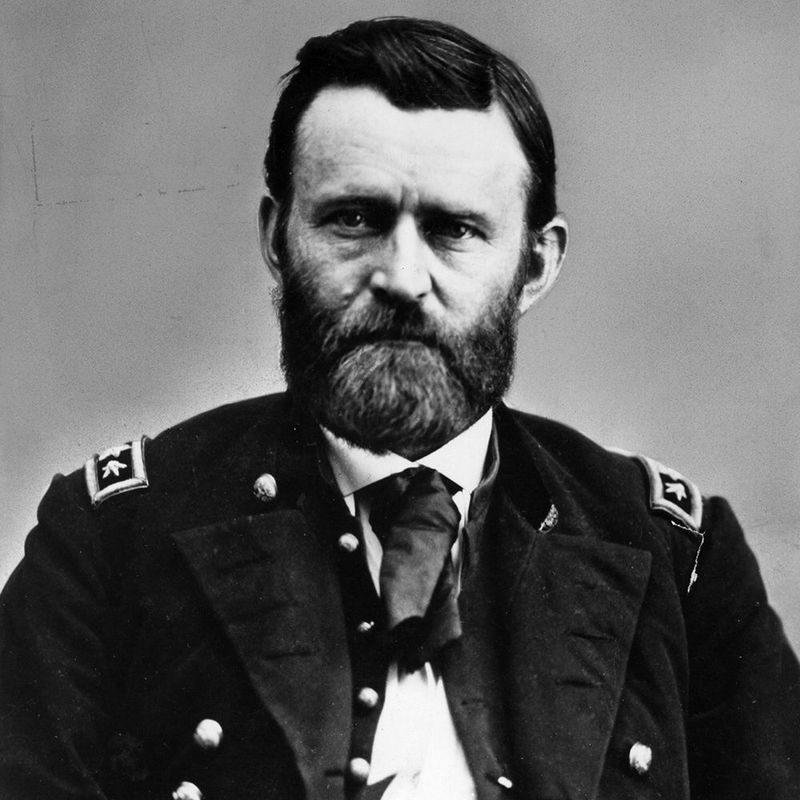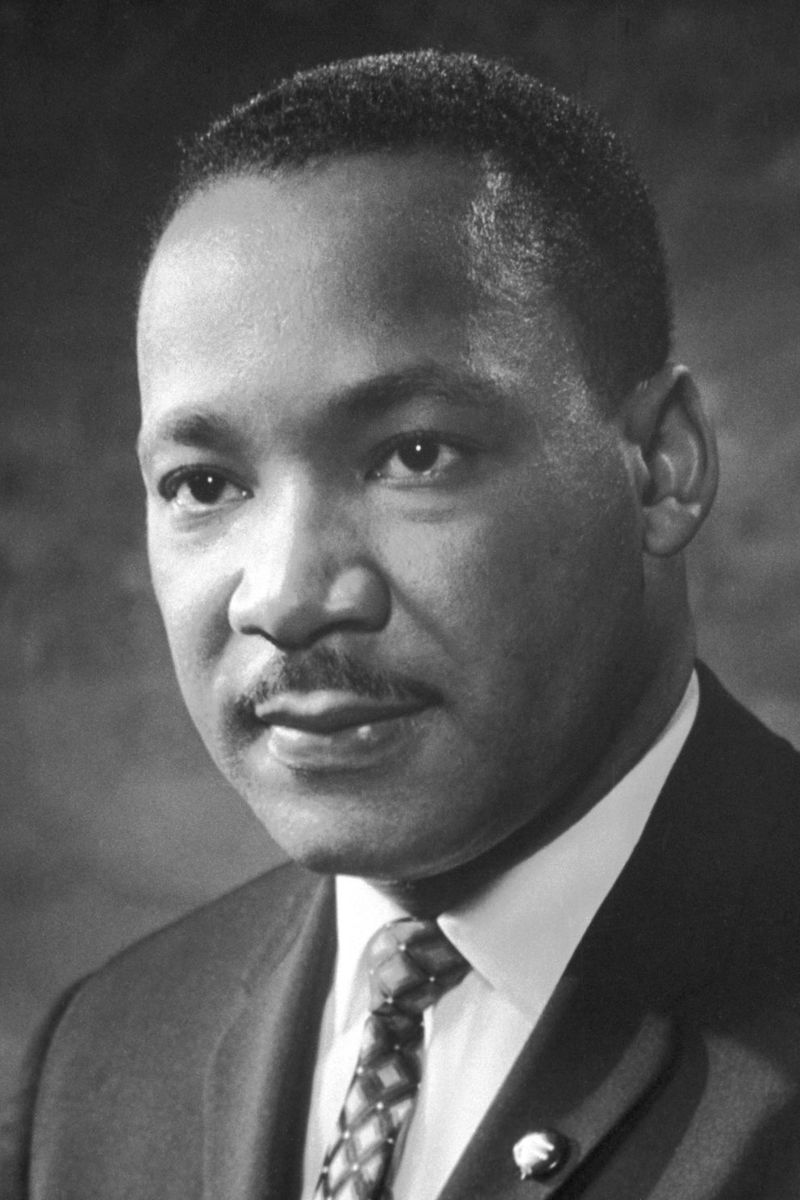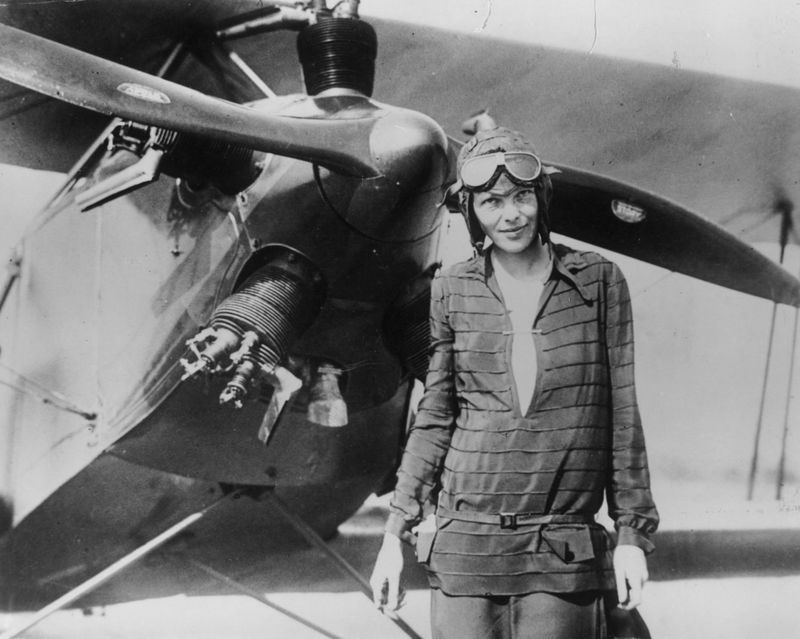The northern region of the United States has been a fertile ground for producing some of the most influential figures who have shaped the course of American history. From pioneering politicians to groundbreaking inventors, these individuals have left an indelible mark on the nation. The exploration of their contributions not only highlights their personal achievements but also reflects the broader socio-political changes they spearheaded. This blog post delves into the lives and legacies of 18 iconic Northerners, celebrating their enduring impact on the country’s development. Each figure stands as a testament to the spirit and ingenuity of the North.
Abraham Lincoln
Abraham Lincoln
Abraham Lincoln, the 16th President of the United States, was born in Kentucky but rose to political prominence in Illinois. Known for his leadership during the Civil War, Lincoln’s Emancipation Proclamation in 1863 marked a turning point in American history by beginning the process of freedom for the country’s enslaved people.
His eloquence in the Gettysburg Address redefined American values and unity. Lincoln’s commitment to preserving the Union and his vision for a just society continue to inspire generations. His tragic assassination in 1865 underscored his profound impact on the nation.
Harriet Beecher Stowe
Harriet Beecher Stowe
Harriet Beecher Stowe, born in Connecticut, became one of the most influential writers of the 19th century with her novel “Uncle Tom’s Cabin.” Her vivid portrayal of the harsh realities of slavery galvanized the abolitionist movement and sparked widespread debate across the nation.
Stowe’s work is credited with changing public opinion about slavery, playing a significant role in the lead-up to the Civil War. Her ability to connect deeply with readers transformed literature into a powerful tool for social change.
Frederick Douglass
Frederick Douglass
Frederick Douglass, a former slave turned leading abolitionist, was a prominent voice for human rights in the 19th century. Escaping from slavery in Maryland, Douglass settled in Massachusetts and became known for his powerful oratory and incisive writing.
His autobiography, “Narrative of the Life of Frederick Douglass, an American Slave,” exposed the brutal realities of slavery and became a cornerstone of the abolitionist movement. Douglass’s advocacy for equality extended beyond abolition to include women’s rights and universal suffrage.
Susan B. Anthony
Susan B. Anthony
Susan B. Anthony, a key figure in the women’s suffrage movement, was born in Massachusetts and dedicated her life to social reform. Her relentless campaigning for women’s right to vote laid the groundwork for the 19th Amendment, which granted women suffrage in 1920.
Anthony co-founded the National Woman Suffrage Association and worked tirelessly to promote equal rights. Her commitment to justice and equality was unwavering, and her efforts have inspired generations of activists to continue the fight for equal rights.
Thomas Edison
Thomas Edison
Thomas Edison, one of America’s greatest inventors, hailed from Ohio. Known as the “Wizard of Menlo Park,” Edison developed numerous devices that greatly influenced life around the world, including the phonograph, the motion picture camera, and the electric light bulb.
His work laid the foundation for the modern electric age, and his innovative spirit exemplified the potential of American ingenuity. Edison’s legacy as an inventor and businessman continues to impact the way we live today, inspiring future generations of inventors and entrepreneurs.
Benjamin Franklin
Benjamin Franklin
Benjamin Franklin, a Founding Father from Massachusetts, was a polymath whose contributions spanned science, politics, and literature. His experiments with electricity, particularly the kite experiment, were groundbreaking in the understanding of electrical phenomena.
As a statesman, Franklin was instrumental in the American Revolution and the drafting of the Constitution. His wit and wisdom are immortalized in his writings, especially “Poor Richard’s Almanack.” Franklin’s legacy as a thinker and innovator laid the groundwork for American identity and progress.
Alexander Hamilton
Alexander Hamilton
Alexander Hamilton, a key architect of the American financial system, was originally from the Caribbean but rose to prominence in New York. As the first Secretary of the Treasury, he established the national bank and laid the foundation for the U.S. economic system.
Hamilton’s contributions to the Federalist Papers provided vital support for the ratification of the Constitution. His vision of a strong central government and a robust economy set the stage for America’s future growth and prosperity.
Elizabeth Cady Stanton
Elizabeth Cady Stanton
Elizabeth Cady Stanton was a leading figure in the early women’s rights movement. Born in New York, she co-organized the Seneca Falls Convention in 1848, which produced the Declaration of Sentiments, a pivotal document in women’s suffrage.
Stanton’s advocacy for women’s legal rights and social equality was foundational to the movement. Her partnership with Susan B. Anthony strengthened the push for women’s suffrage, leaving a lasting legacy of empowerment and equality for future generations.
John F. Kennedy
John F. Kennedy
John F. Kennedy, the 35th President of the United States, hailed from Massachusetts. Known for his charisma and vision, Kennedy’s presidency was marked by significant events, including the Cuban Missile Crisis and the push for civil rights.
His commitment to space exploration inspired a nation, leading to the moon landing in 1969. Kennedy’s legacy of leadership and his call for public service continue to resonate, symbolizing a new era of American progress and innovation.
W.E.B. Du Bois
W.E.B. Du Bois
W.E.B. Du Bois, a pioneering sociologist and activist, was born in Massachusetts. As a co-founder of the NAACP, Du Bois was a leading voice in the fight for African American rights and social justice.
His seminal work, “The Souls of Black Folk,” remains influential in discussions on race and equality. Du Bois’s advocacy for higher education and civil rights paved the way for future generations, leaving a legacy of empowerment and intellectual achievement.
Eleanor Roosevelt
Eleanor Roosevelt
Eleanor Roosevelt, First Lady of the United States, was known for her extensive humanitarian work. Born in New York, she transformed the role of First Lady by actively championing civil rights and social justice.
Roosevelt’s influence extended to the international stage with her role in drafting the Universal Declaration of Human Rights. Her compassionate leadership and advocacy for the marginalized continue to serve as a model for public service.
Henry Ford
Henry Ford
Henry Ford, an industrialist from Michigan, revolutionized manufacturing with the introduction of the assembly line technique. His Model T automobile transformed transportation and made cars accessible to the general public.
Ford’s vision of mass production and affordable products reshaped the American economy and society. His legacy as a pioneer of industrialization remains evident in the continued evolution of manufacturing processes worldwide.
Jane Addams
Jane Addams
Jane Addams, born in Illinois, was a leading social reformer and activist. She co-founded Hull House in Chicago, providing essential services and education to immigrants and the poor in the community.
Addams’s work in promoting peace and social justice earned her the Nobel Peace Prize in 1931. Her efforts to improve living conditions for the underprivileged laid the foundation for modern social work and community activism.
Paul Revere
Paul Revere
Paul Revere, a silversmith from Massachusetts, is best known for his midnight ride during the American Revolution. His warning of the British approach was crucial in preparing the colonial militia for the battles of Lexington and Concord.
Revere’s role as a patriot extended beyond his famous ride, as he contributed significantly to the independence movement. His legacy as a symbol of American resilience and courage endures in the nation’s collective memory.
Rosa Parks
Rosa Parks
Rosa Parks, known as the “Mother of the Civil Rights Movement,” was born in Alabama but made a significant impact in Michigan. Her refusal to give up her bus seat in 1955 sparked the Montgomery Bus Boycott, a pivotal event in the Civil Rights Movement.
Parks’s act of defiance became a symbol of resistance against racial segregation and inspired change across the nation. Her legacy of courage and determination continues to empower movements for equality and justice.
Ulysses S. Grant
Ulysses S. Grant
Ulysses S. Grant, the 18th President of the United States, was a prominent Union general during the Civil War. Born in Ohio, his military leadership was instrumental in securing victory for the Union.
As president, Grant worked to reconcile the North and South while protecting the civil rights of newly freed African Americans. His dedication to unity and justice marked his tenure and left a lasting impact on the nation’s recovery.
Martin Luther King Jr.
Martin Luther King Jr.
Martin Luther King Jr., born in Georgia, became a prominent leader in the Civil Rights Movement while based in the northern states. His advocacy for nonviolent protest and his famous “I Have a Dream” speech were pivotal in advancing civil rights.
King’s leadership and vision for equality inspired a generation and led to significant legislative changes, including the Civil Rights Act. His enduring legacy continues to guide struggles for justice and equality worldwide.
Amelia Earhart
Amelia Earhart
Amelia Earhart, a pioneering aviator from Kansas, made history as the first woman to fly solo across the Atlantic Ocean. Her fearless spirit and determination broke barriers in a male-dominated field.
Earhart’s mysterious disappearance during a circumnavigational flight in 1937 added to her legend, but her legacy as a trailblazer in aviation continues to inspire future generations of women to pursue their dreams.
